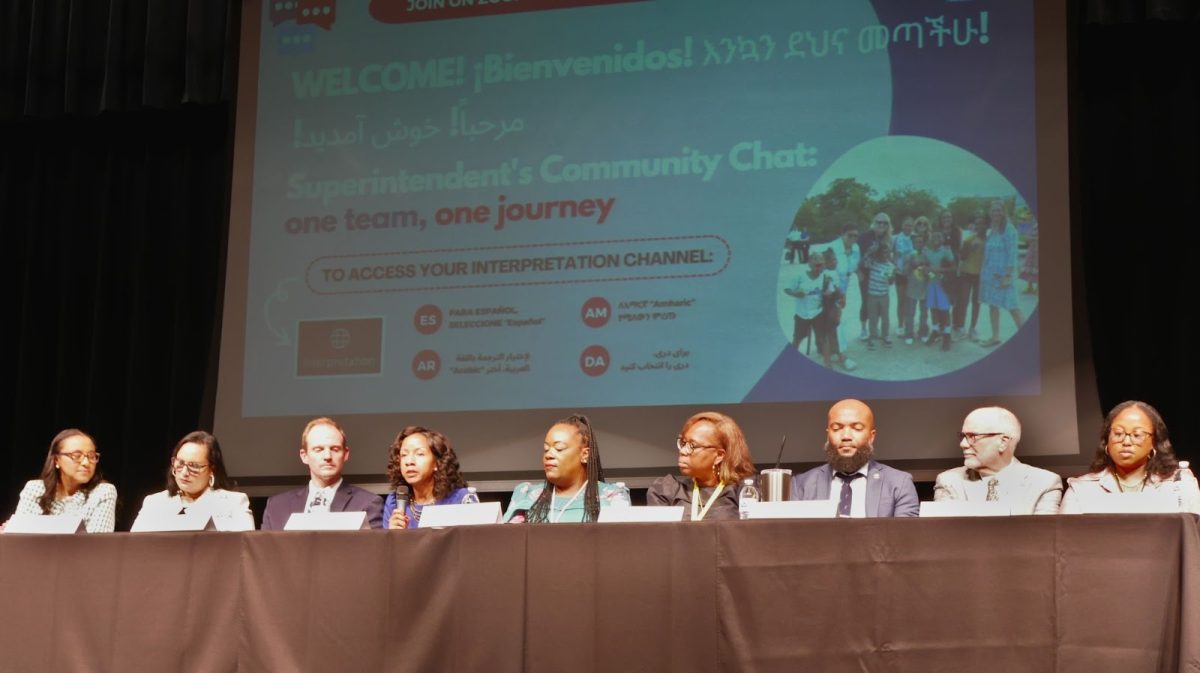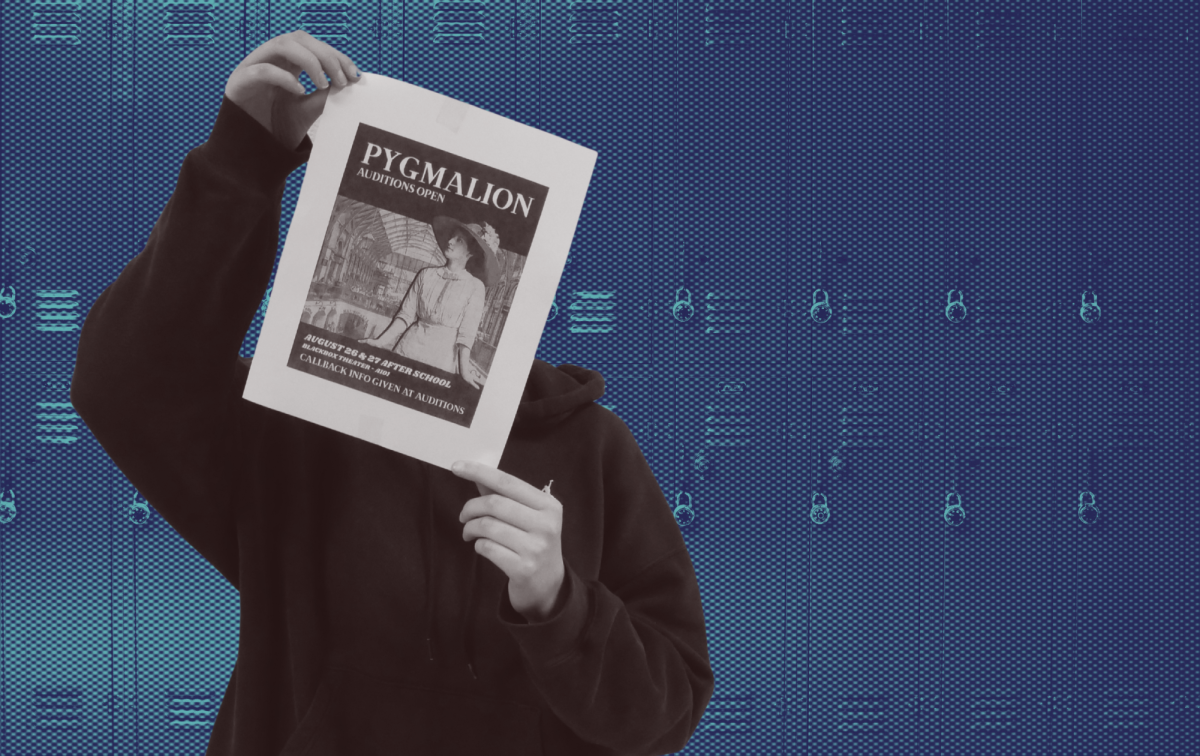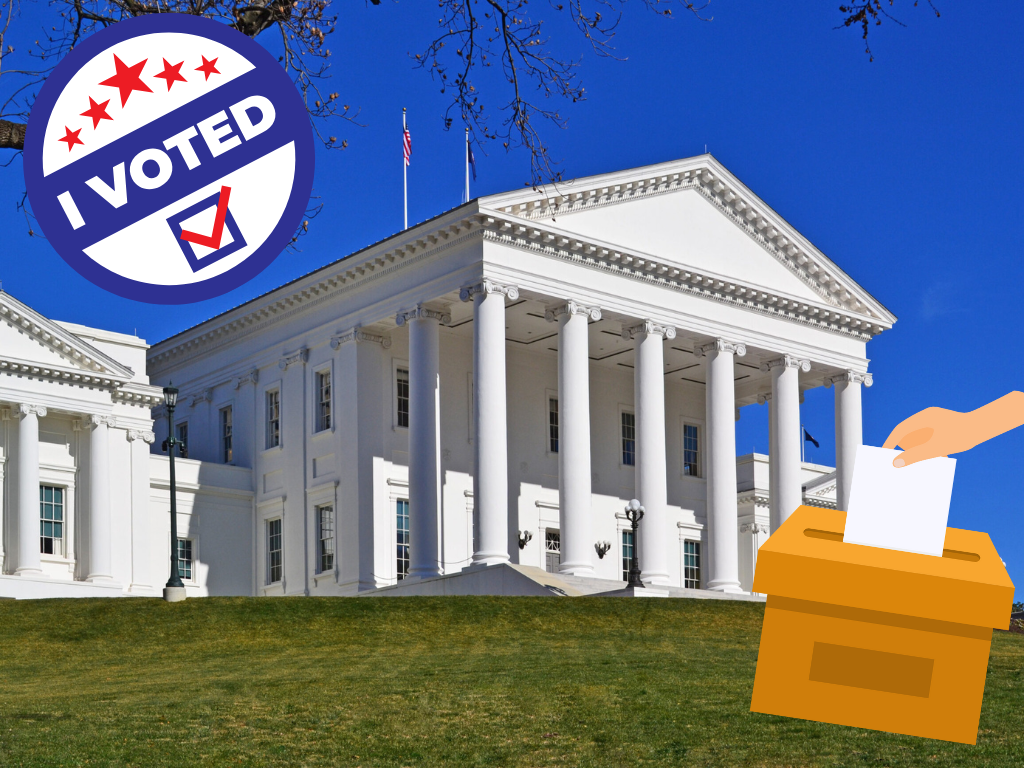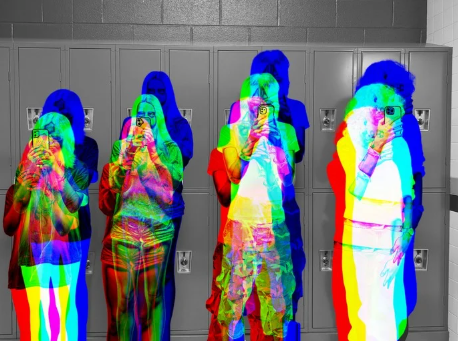On Wednesday, October 4, Superintendent Melanie Kay-Wyatt held the inaugural community chat in the ACHS auditorium. Attended by around 25 in-person and over 200 online, Kay-Wyatt was joined by her “cabinet” of central office leadership to answer open questions from students, teachers and parents. Translators were available for Spanish, Dari, Amharic and Arabic. After the event, there was a twenty-minute media session.
Brief
- ACPS is set to launch a partnership with Hazel Health this month, which will provide free virtual mental health services to students from home or school.
- Major challenges are absenteeism and staffing shortages. There are currently 48 staffing vacancies, 10 of which are in special education.
- The ACPS Tip Line provides students a space to semi-anonymously report what has happened with follow-through at the respective school.
- An attendance task force has been created by central office to combat absenteeism.
- ACPS will report key performance indicators two times annually on the Equity for All Dashboard to track progress.
- The Weapons Abatement Program is reportedly running “smoothly,” and there are no current plans to reconsider the implementation of metal detectors, SROs, or other security measures.
Opening
Kay-Wyatt began the hour-long event with an eight-minute speech recounting ACPS’ goals for the school year. She listed the priorities as “attendance, school culture, and really that school experience, including that engagement piece, as well as safety for our students and all visitors to our building, academic achievement and social-emotional wellness for students and staff.”
On attendance, Kay-Wyatt cited the newly created attendance task force and continued increased communication from last year. “There are three attendance notifications. Previously, there was just one, and now there is a morning, afternoon and evening.”
She also listed special education as “one of her priorities.” This year, ACPS is partnering with the Training and Technical Assistance Center at George Mason University for the special education staff’s professional development.
For social-emotional development, Kay-Wyatt emphasized “additional student support systems” with counselors, nurses, the Teen Wellness Center and a new partnership with Hazel Health that provides students with virtual mental health services at no cost.
Security
At the forum, cabinet members repetitively emphasized safety as a top priority for ACPS. Alicia Hart, Chief Operating Officer at ACPS, responded to a question about preventing intruders.
“We do have security professionals at all school locations. We also have our Raptor Visitor Management system which all visitors who are not staff or students have to go through that particular system to be identified before they are provided access to our buildings. In some of our locations, primarily secondary, we do have safety security officers as well as [school resource officers] to support . . . Our staff members are required to wear their badges,” she said. “We do not always share all of our security measures because we do want to be able to maintain a security posture, but those are the general elements that we have in place at all division schools.”
In another question, Hart said that “general vestibules” additionally serve as separations between visitors and the building interior. She also mentioned metal detectors at Francis C. Hammond, George Washington Middle School and all campuses of Alexandria City High School.
“We do have our weapons abatement pilot program that we started in the last Spring . . . We also work hand-in-hand with [Marcia Jackson] and her team on additional focus on SCL support, so we can make sure our students are not only being attended to on the safety lens but on the social-emotional lens as well,” Hart said.
In the press session afterward, Kay-Wyatt elaborated on safety. She said to a video reporter that “[delays from metal detectors were] only for the first couple days . . . After a few days, everything was running smoothly, our students were understanding the process of the Weapons Abatement Screen, and they were in class quickly. We have not experienced those challenges this year.”
Specifically on the closure of Quiet Dining and other safety measures, she encouraged students to “take [their concerns] to the student advisory council or the administration.”
“Please note, every effort that we are doing is calculated in a sense to make sure that we protect our campus. This is a very large campus, and we are going to do everything we can possible to make sure that every person in this building is safe to every extreme that we can focus on.”
When asked about students or staff members who may feel uncomfortable at the presence of SROs, SSOs or metal detectors, Kay-Wyatt reiterated that “[her] focus is safety.”
“If someone is feeling that way, I would encourage them to talk to a counselor if they’re really uncomfortable about a measure. I can tell you those measures will be in place, [and] they will not be changed because our goal is safety,” Kay-Wyatt said.
“Hopefully, over time, our students will grow comfortable with having those measures in place. Those measures are in place not only in school, they’re in place in other large public venues that they attend . . . I hope that one day in the future, I hope the whole world hopes that the climate we are in will change. Right now, we have to operate and make sure everyone is safe.”
When questioned if her response to the question, which included SROs in the language, represents her stance on SROs, Kay-Wyatt declined to respond.
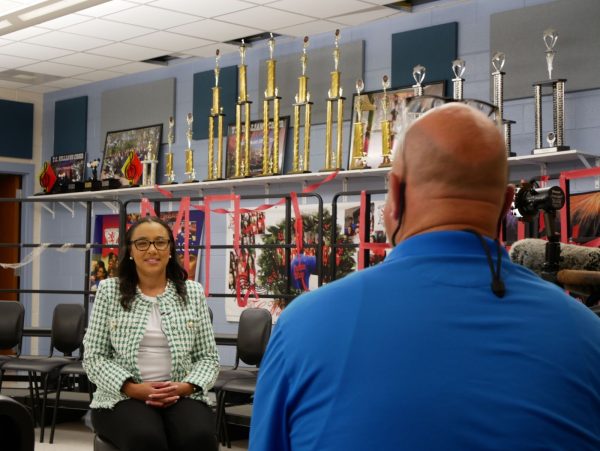
Staffing
ACPS Executive Director of Human Resources Kamika Valmond addressed the “hot topic” of staffing vacancies.
“Currently, we do have 48 full-time teacher vacancies and 10 of those are for special education vacancies,” Valmond said. “We are making sure all students are receiving the services they are supposed to be receiving. We do counsel, encourage, [and] work hard daily ensuring that we have long-term substitutes that are in those places, and we work with contracted staffing agencies to ensure that we get qualified individuals into those spaces, pocketed or coupled with additional support.”
“Today, we are using innovative and strategic approaches as we are being challenged with the changing of professions. We know that in the educational field, we know a lot of people have exited into other fields, finding new passions. While we identify that, we know we are up against something we have not been up against in the past,” she said. “We are taking approaches to think outside of the box and partner with different agencies that maybe in the past education has not to continue on our efforts to get good and well-qualified individuals in front of our students.”
Kay-Wyatt said, “We strongly support and counsel our long-term substitutes to meet compliance through the eligibility process with the goal that hopefully they too will be in our teacher roles permanently to support our students. By focusing on career-switch pathways, partnerships with universities and a global marketing approach [that] includes partnering with other organizations that will work to bring retired and military staff to our schools and reaching out to HBCUs and schools with large populations of Latinx students who can bring a diverse set of qualified teachers to our school division.”
In addition to staff shortages, Kay-Wyatt asked for the community to “please be patient” in filling vacancies in transportation. “Oftentimes, our buses will have to make double runs.”
However, ACPS is reportedly not lacking in staff quality. Kay-Wyatt reported that ACPS “ranks in the top two for teachers with master’s [degrees] or master’s-plus . . . and the top four in teacher’s with bachelor’s degrees.”
Kay-Wyatt said that ACPS has “instituted equitable hiring practices for [ACPS’] recruitment efforts.” More details will be available at the October 5 School Board meeting.
“We recruit year-round. So, if you know a community member or family member who’s interested in a position, we encourage you to direct them to our web page.”
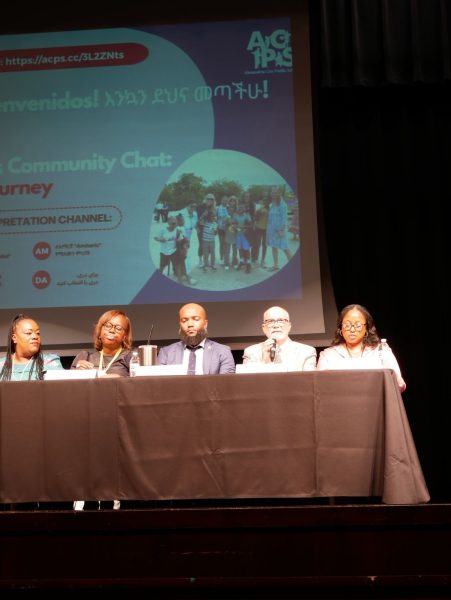
Students
ACPS has made major moves for student interaction with the system. The ACPS Tip Line was introduced at the beginning of the 2023-24 school year for students to report any situation of concern. Additionally, a partnership with Hazel Health to provide free online mental health services to ACPS students is set to be implemented this October.
“We installed that because oftentimes we want to make sure that we hear about things from our students and our community members that they may be a little bit reluctant to share. This provides another platform [where] they can get us information in a timely manner. Even if a student is experiencing a crisis, and they don’t know where to go, they can use that tip line. That tip line is monitored so that at that point, we can send help to that student.”
“There are different mechanisms to make it anonymous. Typically, with the tip line, people are reporting stuff that they want us to go and monitor or to look into,” Kay-Wyatt said.
On the Talented and Gifted (TAG)/Advanced Studies program, Chief Academic Officer Pierrette Finney said that TAG services are “still being delivered in our general education classroom by the general education teacher, however, differentiation is taking place in enrichment through enrichment projects, higher level reading and math groups, higher level questioning and also gifted lessons using gifted resources,” she said.
“In addition, our elementary schools are moving towards a talent development model where advanced academic teachers–which is now called the AAST teacher, formerly known as the TAG teachers–co-plans and co-teaches with the K-3 out of the K-3 classroom using gifted resources that are aligned with the Program of Studies and with our standards.”
In regards to transparency, Kay-Wyatt discussed increased practices and efforts to ensure community input.
“On the internal level, we have opportunities in our agendas and meetings with staff to make sure their voice is heard. I’ve also added additional student activities where I can go in and meet with not just middle schoolers but elementary schoolers to hear their voice. I also have what I’m calling ‘chats on the spot’ where I can go out to a community member so it’s not so formal,” she said.
“Sometimes, parents don’t always want to come in or are unable to come in because of their work schedule. They can have a conversation with me on the spot if I’m at a bus stop or walking through their community, so that way that transparency is there that we really want to hear you, and I’m giving you immediate feedback about whatever you may be asking me.”
At the conclusion of the chat, Kay-Wyatt emphasized ACPS’s driving goal.
“Everything, each and every day, is about students.”
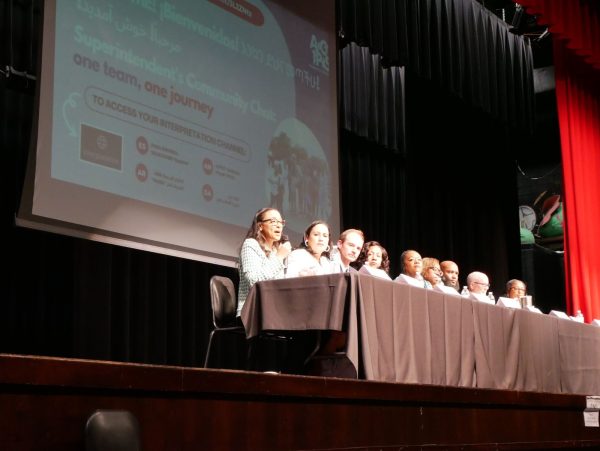
All photos by Yahney-Marie Sangaré


